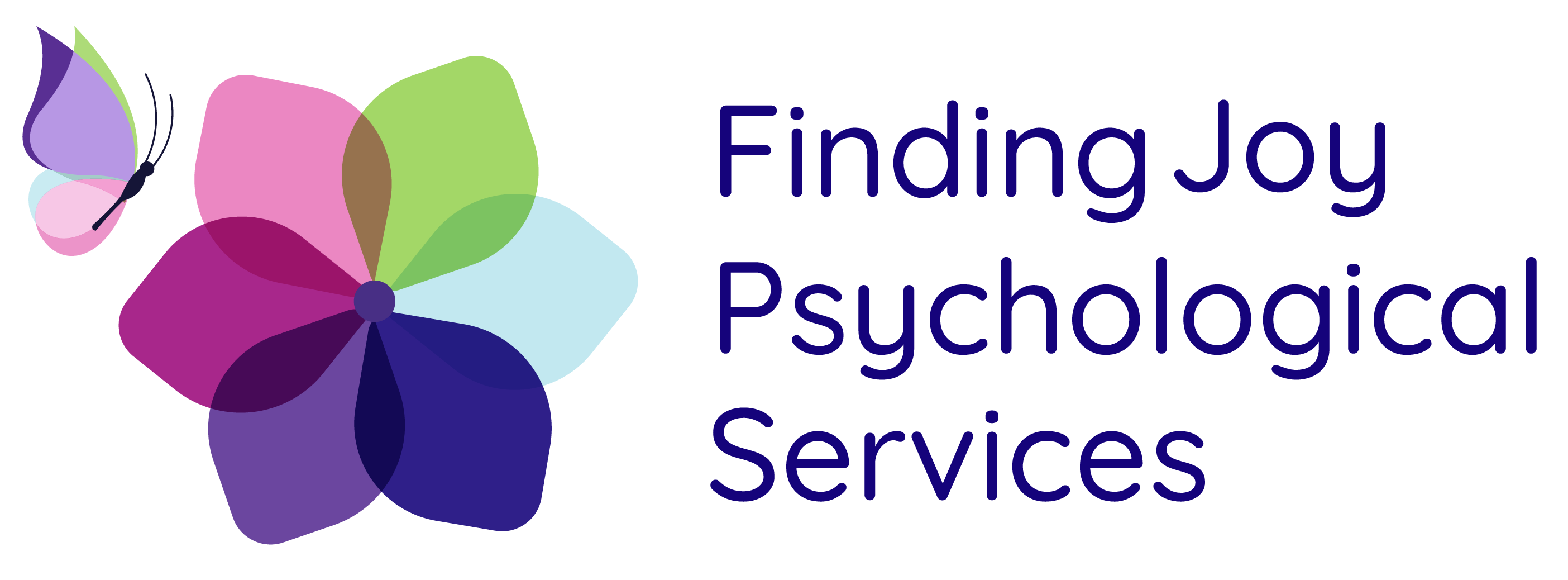The Science Behind Talk Therapy
Summarise
Our Main 3 Topics
Processing Emotions Out Loud
Naming and expressing feelings reduces emotional intensity and supports better regulation and clarity.
Talking Changes the Brain
Talking activates and reshapes neural pathways, helping the brain process thoughts in healthier ways.
Healing Through Connection
A safe, trusting relationship with a therapist promotes healing through empathy, support, and human connection.
one
Talking Changes the Brain
It’s not just a cliché — talking really does change your brain. When we verbalize our thoughts, especially in a therapeutic setting, we activate areas in the brain responsible for self-reflection, emotional control, and problem-solving. Studies using brain imaging have shown that when people express emotions through words, activity in the amygdala (the brain’s fear center) decreases, while the prefrontal cortex (responsible for reasoning and control) becomes more engaged.
This shift helps people gain perspective, break out of negative thought patterns, and feel more in control. Over time, talk therapy can actually “rewire” the brain — a process known as neuroplasticity — allowing clients to develop healthier responses to stress, relationships, and life challenges.
Two
Processing Emotions Out Loud
Have you ever felt better just by saying something out loud? There’s a reason for that. Naming emotions — even without immediately solving them — reduces their intensity. This is called affect labeling, and it’s a powerful therapeutic tool.
In therapy, clients learn to sit with emotions, express them in a safe environment, and begin to make sense of them. This reduces internal chaos and builds emotional intelligence. Instead of bottling up feelings or reacting impulsively, clients can learn to respond thoughtfully. Talking through emotions also helps uncover deeper patterns and beliefs, which is key for long-term healing.
Three
Healing Through Connection
One of the most healing parts of therapy isn’t just the techniques — it’s the relationship. Research consistently shows that a strong, trusting bond between therapist and client (called the therapeutic alliance) is one of the biggest predictors of successful outcomes.
Human brains are wired for connection. When someone feels genuinely seen, heard, and accepted by a therapist, it activates calming systems in the body and builds the foundation for change. Through this relationship, clients often experience a corrective emotional experience — learning that it’s safe to be vulnerable, and that they won’t be judged, rejected, or dismissed.
This kind of connection helps people rebuild trust in themselves and others, especially if they’ve experienced trauma, neglect, or isolation.
See a member of our team
Appointment enquiry
Please fill the form in and a member of our team will get back to you shortly. We look forward to speaking with you.
Let's Talk!
Address:
Discover a Life Full of Happiness.
Opening Times:
Copyright © 2024 Finding Joy Psychology
